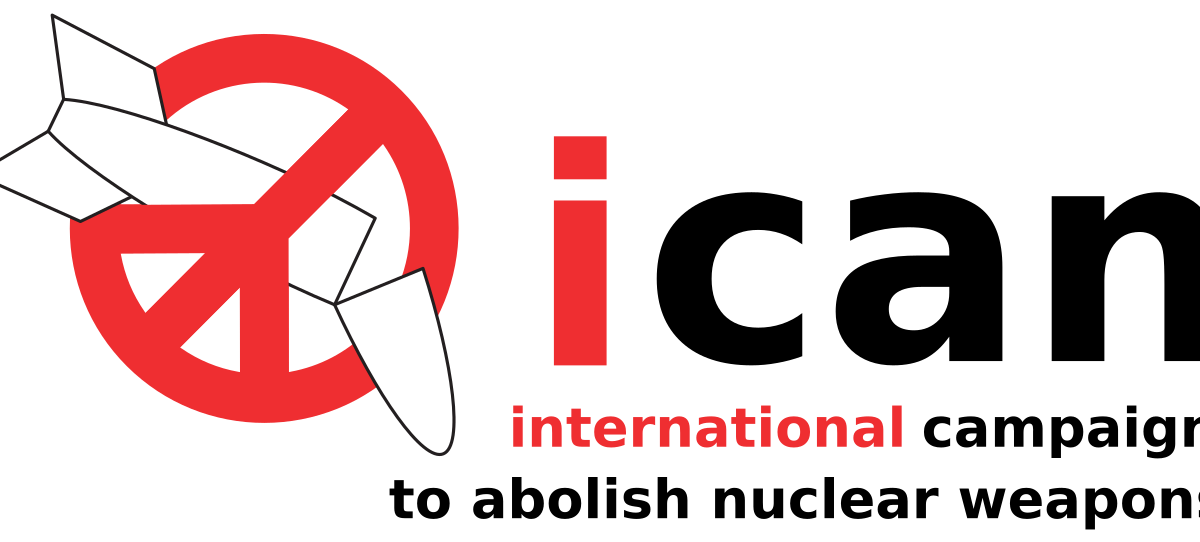
ECFA participation in the launch of the third edition of the Aswan Forum for Sustainable Peace and Development
June 21, 2022
Lecture by Ambassador Dr. Mounir Zahran On “Contemporary International Variables and Their Impact on the International Order”
June 22, 2022During June 18 and 23, 2022, Ambassador Ahmed Haggag, ECFA member, and Chairman of the Egyptian Pugwash Society for Science and International Affairs, participated in the International Campaign to Abolish Nuclear Weapons (ICAN) Forum (June 18-19) and in the First Meeting of States Parties to the Treaty on the Prohibition of Nuclear Weapons (TPNW) (20 -23 June), Vienna. In his relevant report, he indicated that the movement’s periodic meeting was postponed in 2021 to 2022 due to the Covid-19 pandemic, and that it participated in the First Meeting of States Parties to the Treaty on the Prohibition of Nuclear Weapons, and was selected along with the International Red Cross as a permanent observer member in the Treaty, adding that it receives generous donations from various parts throughout the world, and its center is currently in the American city of Los Angeles, and it has branches in Turkey, Singapore, Belgium, China, Switzerland, Kenya and Washington. In a related context, Ambassador Haggag urged the need for the movement to pay greater attention to the geographical regions that already exist or whose formation is postponed, free of weapons of mass destruction, including nuclear weapons, including the Middle East region, on which the Egyptian initiative faltered due to the opposition of one of the countries in the region that has already managed to possess atomic bombs with the support of one of the major powers.
On the other hand, and in connection with the First Meeting of States Parties to the Treaty on the Prohibition of Nuclear Weapons, Ambassador Haggag indicated that this treaty came after its adoption by the United Nations after difficult labor, and it entered into force in January 2021, with the opposition of the nine nuclear countries, and some of their other supporting countries, especially those affiliated with NATO, adding that that this meeting was opposed by the United States for a long time, noting that it was attended by, in addition to the official parties to the treaty, a large number of civil society organizations, especially the “ICAN” movement and the International Red Cross, as well as private Japanese organizations working in the field of defending the rights of those harmed by the atomic bombs detonated over Hiroshima and Nagasaki. The meeting witnessed a presentation of reports on assistance to victims of nuclear tests and the measures that must be used on the national scale, and the complementarity of the Treaty with the existing system of nuclear disarmament and non-proliferation, especially what the of the United Nations Member States are carrying out in Geneva. The list of procedures and the committee for examining the delegations’ mandates were also approved, as delegations from 34 states party to the treaty attended along with 34 countries as observer members, including Algeria, Australia, Finland, Germany, Ghana, Iraq, Libya, Morocco, Mauritania, the Netherlands, Norway, Qatar and Yemen.
Related posts
October 30, 2023




